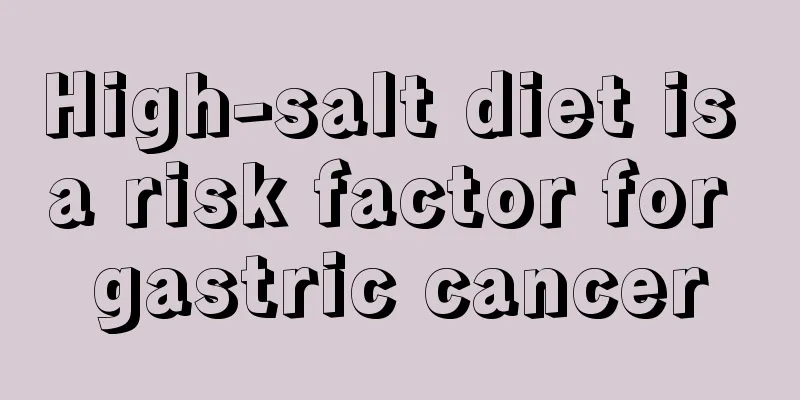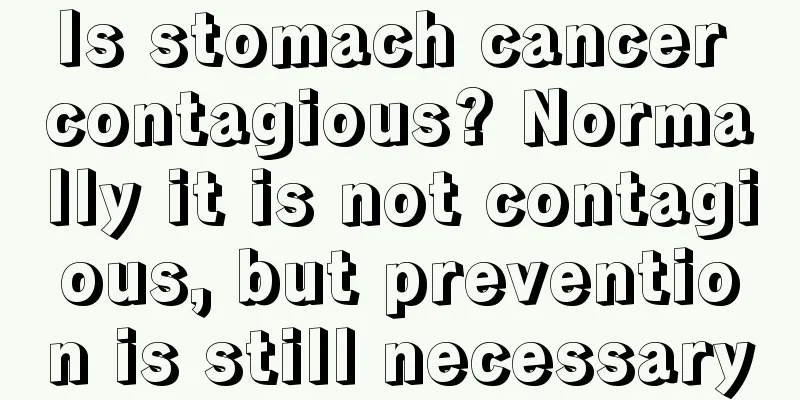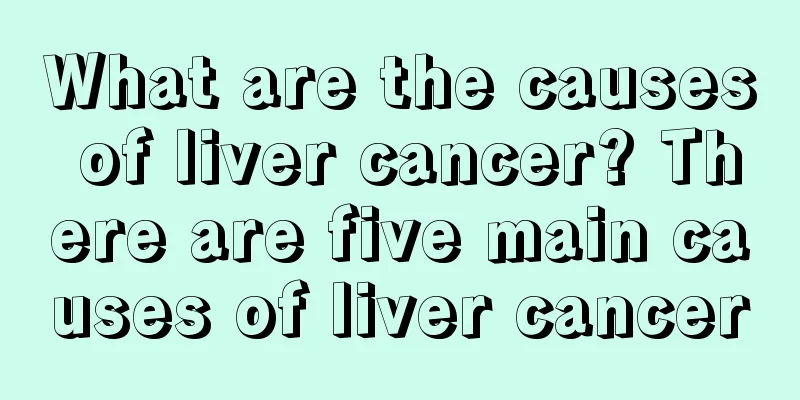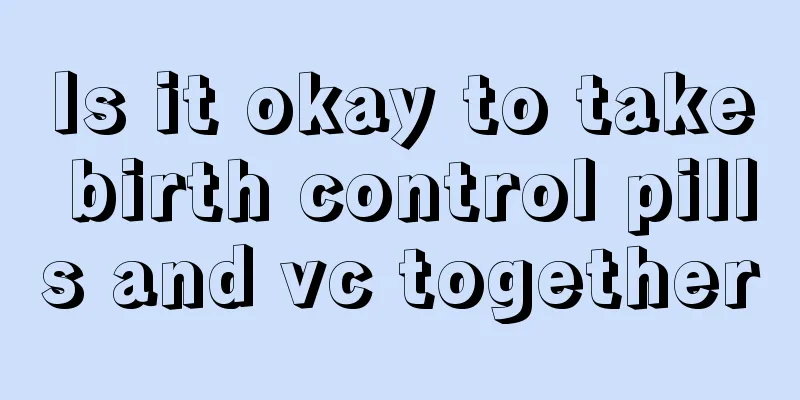High-salt diet is a risk factor for gastric cancer

|
Clinical data show that there is a clear correlation between the light or heavy taste in the diet and the relative risk of gastric cancer. The data show that people with high-salt diets have a 191% increased relative risk of gastric cancer compared with those with light tastes. This is because high concentrations of salt promote the occurrence of gastric cancer. A domestic case-control study on gastric cancer showed that those who never ate salted foods accounted for 2.22% of the case group, while those who frequently consumed salted foods accounted for 33.06%. Moreover, as the frequency of consuming salted foods increased, the risk of disease would be significantly higher than that of the control group. Moreover, Japan's national nutrition survey shows that the mortality rate of gastric cancer is positively correlated with the per capita salt consumption. The more salt a person consumes in his daily food, the greater the relative risk of gastric cancer. Another epidemiological survey shows that if overseas immigrants with Japanese nationality change their previous high-salt eating habits, the incidence of gastric cancer will drop significantly. If they do not change their eating habits, the incidence of gastric cancer will not change. In response to the above situation, scientists have discovered through a large number of animal experiments and human disease studies that the higher the sodium salt intake, the higher the probability of people suffering from diseases such as gastritis, peptic ulcers, and gastric cancer. This is because after the human body consumes excessive salt, the high osmotic pressure in the stomach will cause direct damage to the gastric mucosa, causing pathological changes such as widespread diffuse congestion, edema, erosion, ulcers, necrosis, and bleeding in the gastric mucosa. A high-salt diet can also reduce gastric acid secretion and inhibit the synthesis of prostaglandin E, which has a protective effect on the gastric mucosa, making the gastric mucosa vulnerable to attack and damage by various attack factors. In addition, the nitrates contained in high-salt foods can be converted into nitrites, which are extremely carcinogenic. |
<<: Gastric cancer patients need dietary adjustment after surgery
Recommend
Can late-stage kidney cancer be passed on to children?
The number of kidney cancer cases increases year ...
Invisible care solution is harmful to the fetus
Nowadays, many people stare at their phones all d...
Preoperative dietary care measures for endometrial cancer
We all know that diet plays a vital role in life....
What medicine can reduce the pain of bile duct cancer
In recent years, with the increasing incidence of...
What are the effects of walnut green skin
The nutrients in walnuts can make people's bo...
What to do if your hands feel hot and painful after peeling chili peppers
Many friends who like to eat chili peppers should...
Be careful! 4 “impatient” traits in the body are signs of disease
The fast-paced life seems to have made our bodies...
What are the causes of vasculitis?
Vasculitis is a relatively complex disease with m...
Postoperative care methods for esophageal tumor
Recently I feel my throat is very sore and it is ...
Will cervical hypertrophy cause cervical cancer?
Now the incidence of cervical cancer is getting h...
What does tumor infiltration mean
Tumor is a common disease affecting people's ...
What to do if lung cancer has brain metastasis
When lung cancer metastasizes to the brain, many ...
Why do we need to do B-ultrasound for gastritis
Gastritis is not unfamiliar to many people. It is...
How much does it cost to treat breast cancer
How much does it cost to treat breast cancer? 1. ...
Early spring dressing methods and techniques
Many women are troubled by how to dress in early ...









